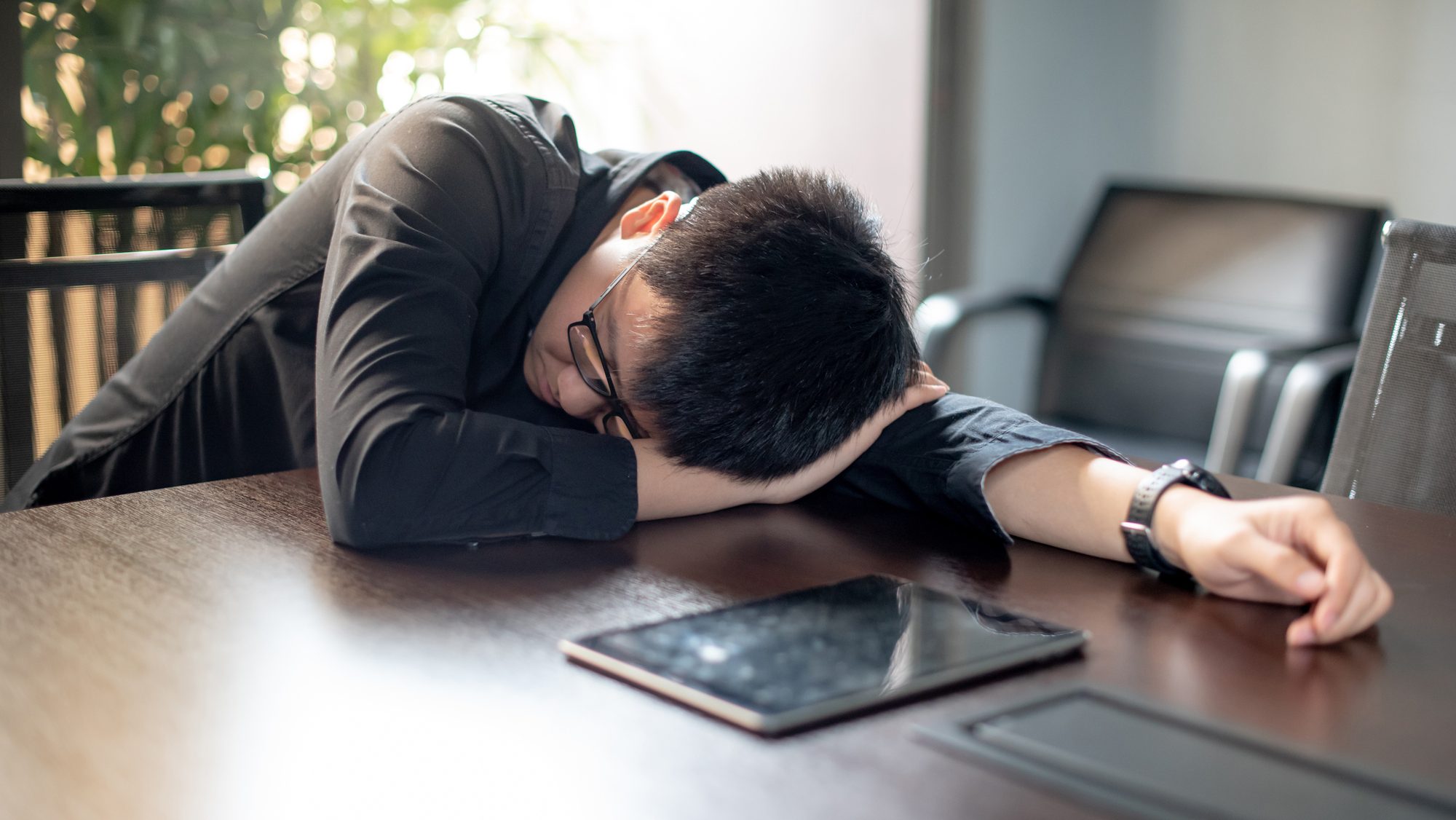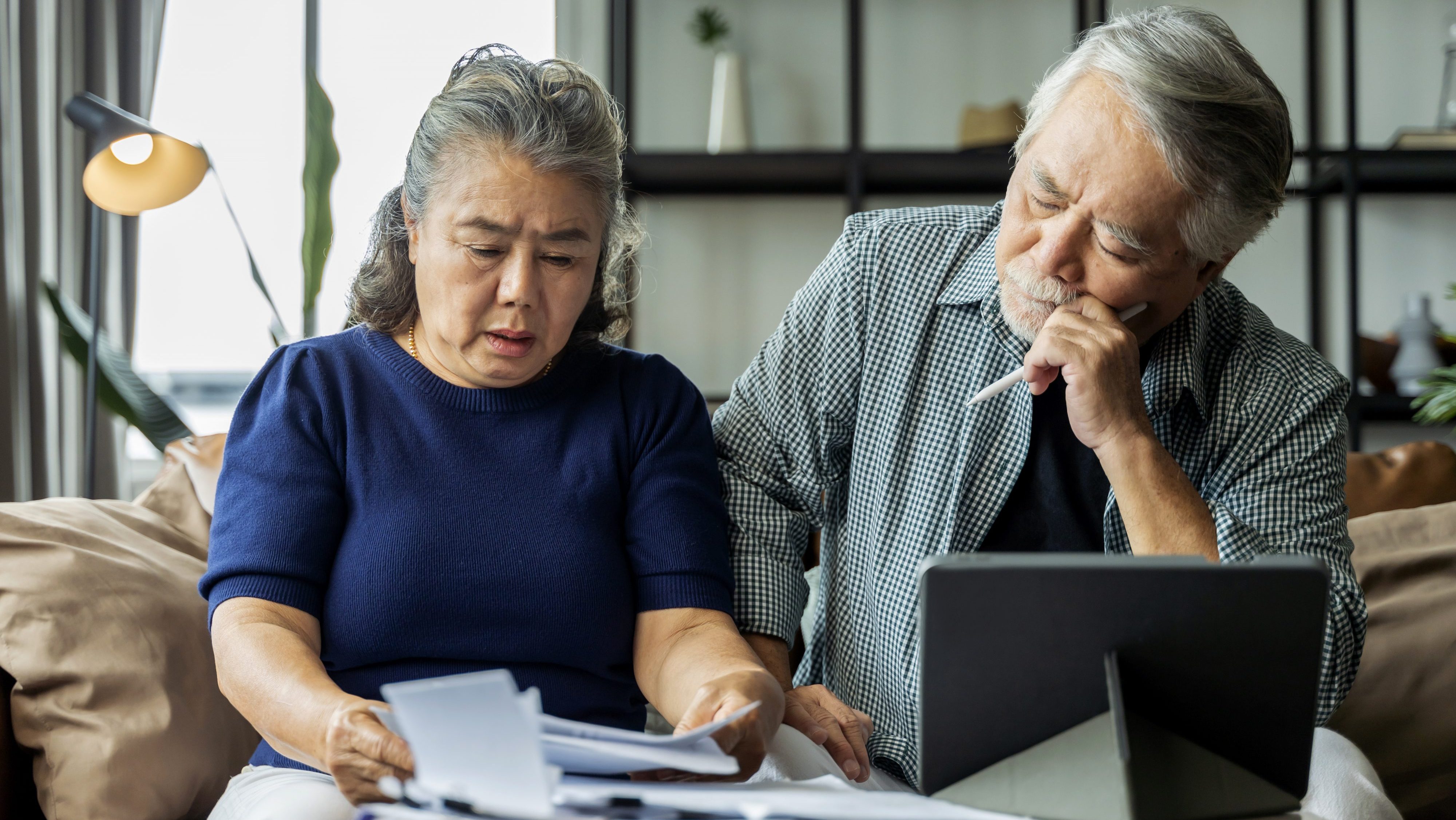Singapore, a country of over-achievers, is also a country that does not sleep very much. A 2018 survey by Wakefield Research places Singapore in second place when it comes to getting the least number of hours of shut-eye.
Singapore is famous for its strict, no-nonsense work culture, with Singaporeans working some of the longest hours in the world. And it is not just the adults – Singaporean students dedicate very large amounts of time to studying. There is no question that the drive for success is strong in this people.
At the same time, more and more Singaporeans are complaining of tiredness, headaches, low immune systems and fatigue, as well as a growing sense of anxiety and worry. These can all be directly attributed to poor sleeping habits.
A survey of 43 cities conducted by eFinancial Careers in 2014 reported Singapore to be the third most sleep-deprived, but the more recent 12-country survey by Wakefield Research showed the nation-state in second place, with 62 percent of the 1,000 Singaporean respondents not getting enough sleep.
First on the list are the British at 63 percent. Fellow Asian countries Japan and Malaysia are doing better than Singapore, with only 49 percent and 47 percent, respectively, that are not getting proper sleep.
Jawbone, a company that makes digitized wristbands that track users’ activity patterns, reported that Singaporeans average six hours and 32 minutes of sleep a night, instead of eight or nine.
More than eight in 10 Singaporeans spend their weekends sleeping in to repay the sleep debt they have accumulated over the week, a survey by market research firm Wakefield Research found.
Singaporean millennials aged 22 to 37 are the biggest weekend sleepers, followed closely by the Gen X-ers, aged 38 to 53, where about eight in 10 do the same.
Interestingly, only six out of 10 baby-boomers aged 54 to 72 hit the snooze button and sleep longer on the weekends to catch up on lost sleep.
All this lack of sleep is causing problems for Singaporeans. Dr. Kenny Pang, an ENT specialist at Asia Sleep Centre, has been treating sleeplessness for 25 years. He reported that sleep disorder cases have doubled in the past 10 years.
“If Singaporeans are irritable and like to complain, well… you know the reason,” Dr. Pang jokes.
Dr. Pang says that he sees two broad categories of patients at the Asia Sleep Centre:
“One group is very tired but cannot sleep at night – they have insomnia. The other group is struggling to stay awake in the daytime because they’re not sleeping well at night – they usually have Obstructive Sleep Apnea (OSA).”
Dr. Leow Leong Chai, a consultant at the department of Respiratory & Critical Care Medicine of Singapore General Hospital, reported similar facts:
“The incidence of sleep disorders is high here… Some 30 per cent of Singaporeans are estimated to suffer from insomnia at some stage of their life, and Singapore has one of the highest rates of OSA in the world; almost one in three Singaporeans suffer from moderate to severe OSA, with 90 per cent remaining undiagnosed and untreated. The prevalence of both insomnia and sleep apnea are known to increase with age and are hence expected to increase in Singapore.”
In terms of not getting enough sleep, 65 percent of Singapore Gen X-ers said they could definitely use more shut-eye, followed by 64 percent of millennials and 54 percent of baby-boomers.
Clinical psychologist and sleep expert Dr. Michael Breus, who reported the findings of the Wakefield Research survey, said that the results are worrying and can lead to increased rates of anxiety and depression.
“When we see people who don’t sleep well, over long periods of time, specifically due to them working too much and stress, we see their immune functions lowered. They have a greater likelihood of becoming sick, greater likelihood of mental health issues,” Dr. Breus said.
Dr. Breus, who said suggests devoting a short time to “power down” and relax before going to bed – away from devices and screens – as “sleep does not come by like an on-off switch, but by slowly putting down the foot on the gas”.
So while Singaporeans are super-individuals dedicated to working long hours, all in the name off efficiency and discipline, they desperately need their sleep.






